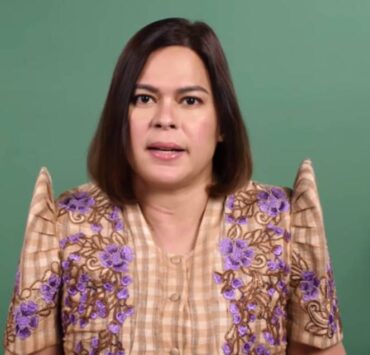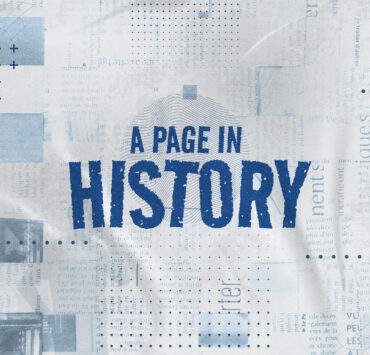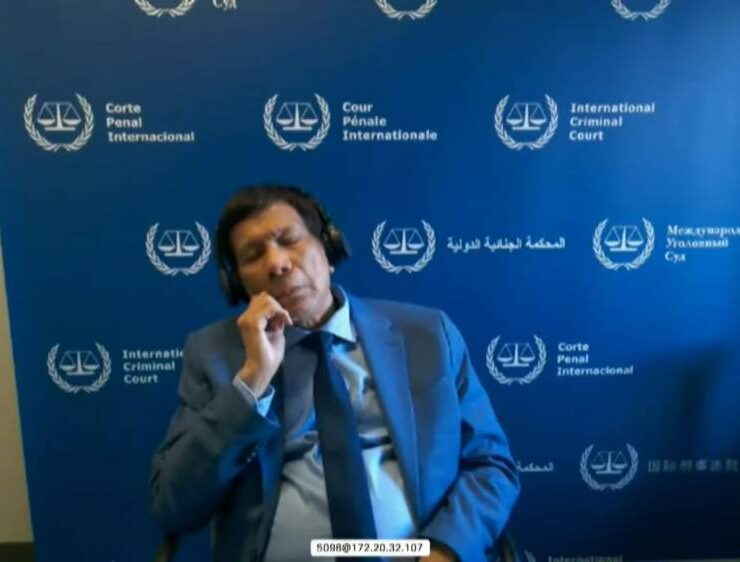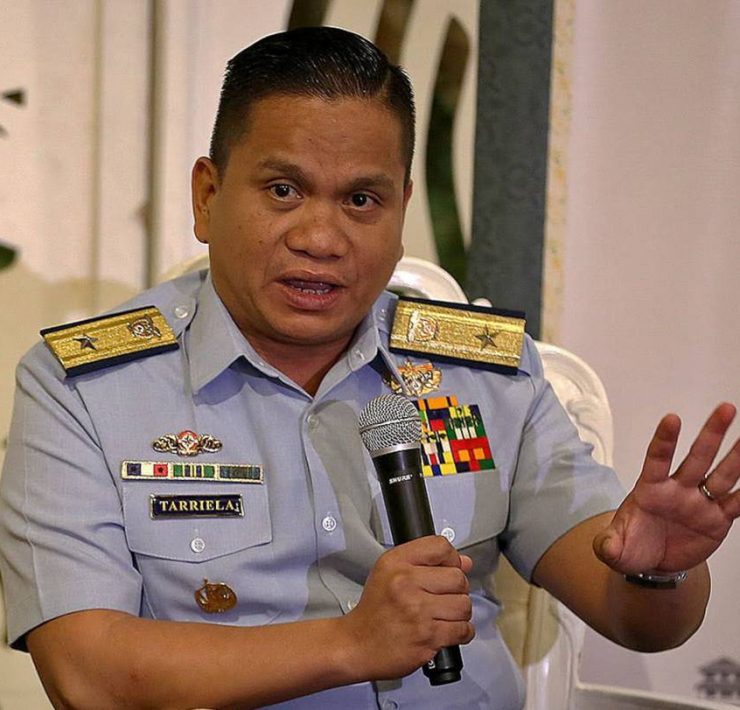Fintech firms agree to tighten e-gambling ‘safeguards’

The country’s largest organization of financial technology (fintech) companies has joined the public conversation on the rise of online gambling, being the industry that allows players to place bets practically anytime, anywhere on gaming apps via e-wallets, a system that now worries critics like the Catholic Church and some lawmakers.
In a statement issued on Wednesday, Fintech Alliance Philippines said its members were preparing to implement “robust due diligence measures” to ensure that users of digital payment platforms have “strictly controlled” access to online gaming.
The group said their actions would fully support the efforts of the Bangko Sentral ng Pilipinas (BSP), which is drafting new regulations to curb the adverse impact of online gambling.
Fintech Alliance said it had identified the “urgent risks” that must be addressed: gambling addiction and financial ruin, underage and unverified individuals gaining access, and the proliferation of illegal gaming sites and platforms.
90% of transactions
“The Alliance recognizes the growing concern from the public and other sectors over the impact of gaming,” Lito Villanueva, the group’s founding chair, said in the statement.
“We are united in our commitment to be part of the solution by working closely with regulators, elevating safeguards and protecting the welfare of Filipino consumers,” Villanueva added.
The alliance counts major fintech companies like GCash and Maya among its members. Collectively, they facilitate over 90 percent of digital transaction volumes in the country.
Bills have been filed ahead of the 20th Congress to either impose a total ban on e-gambling or restrict public access by prohibiting the use of e-wallets for betting.
Casino ‘in child’s pocket’
One bill, by Sen. Sherwin Gatchalian, seeks to raise the minimum age for online gambling from 18 to 21, and increase the minimum cash-in requirements to P10,000 and the top-up to P5,000.
The last two weeks also saw the Catholic Church voicing strong concerns over the lack of government safeguards to keep minors out of the e-gambling market, and the use of celebrities to promote online casinos.
As Kalookan Bishop Cardinal Pablo Virgilio David wrote in a social media post, e-gambling had virtually put a casino “in the living room, in the bedroom, in a child’s pocket.”
Of the Philippine Amusement and Gaming Corp. (Pagcor), David said: “Nothing could be more absurd than a government agency wringing its hands over illegal offshore gambling sites—when it has already legalized inland online gambling, fully, completely, brazenly. Accessible to people of all ages, 24 hours a day, seven days a week.”
Last week, the BSP said it would soon issue a circular that would, among others, require regulated financial institutions to better protect users of their digital platforms from online gambling risks.
The safeguards, the regulator said, may come in the form of “various limits to gaming access.”
In its statement, Fintech Alliance said its members would implement “enhanced due diligence” for all merchant accounts in their platforms that have online gaming licenses and employ “real-time detection, monitoring and blacklisting of illegal and unregulated platforms.”
This is ahead of proposed legislative measures requiring them to do so.
They also vowed to comply with “BSP-imposed restrictions and enforcement actions on violative payment channels.”
Fintech Alliance said its members would also “adopt ethical marketing practices and promote awareness of gaming-related risks across digital and community platforms.”





















